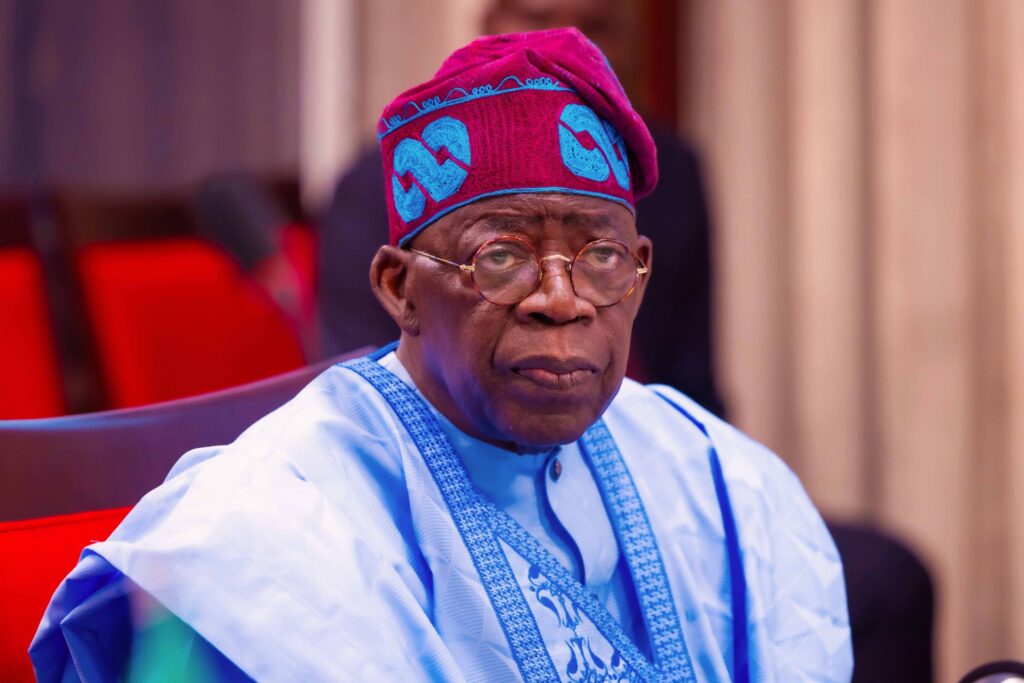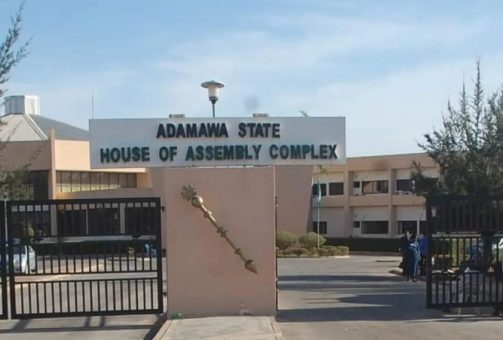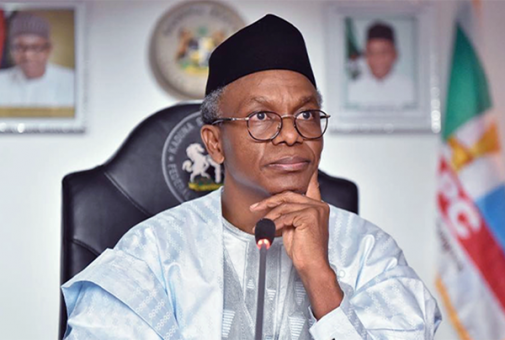
President Bola Tinubu asserted during the Special World Economic Forum in Riyadh, Saudi Arabia, that Nigeria narrowly avoided bankruptcy due to his administration’s decision to halt fuel subsidy payments. Despite acknowledging the economic hardships it caused, Tinubu emphasized its necessity for the country’s best interests.
Implemented upon his assumption of office, the discontinuation of petrol subsidies aimed to redirect government funds towards infrastructure development. However, it led to collateral instability in the Naira’s value and increased hardships as food prices soared.
At the WEF, Tinubu defended the subsidy removal as a crucial step to prevent Nigeria from financial collapse and to reset the economy towards growth. He acknowledged the difficulties faced by citizens but highlighted parallel arrangements to cushion the impact on vulnerable populations.
Addressing concerns about currency unification, Tinubu deemed it necessary to remove artificial value from the Naira, enabling it to compete globally and eliminate corruption.
Furthermore, Tinubu stressed the importance of stability and prosperity in West Africa, advocating for regional collaboration and economic inclusiveness to address poverty and instability in the Sahel region.
During a panel session, Tinubu urged global attention to the root causes of poverty in Africa and emphasized the need for capital infusion and exploitation of mineral resources to foster economic growth. He called for active participation from larger economies to promote prosperity in the region through global collaboration and inclusiveness.






